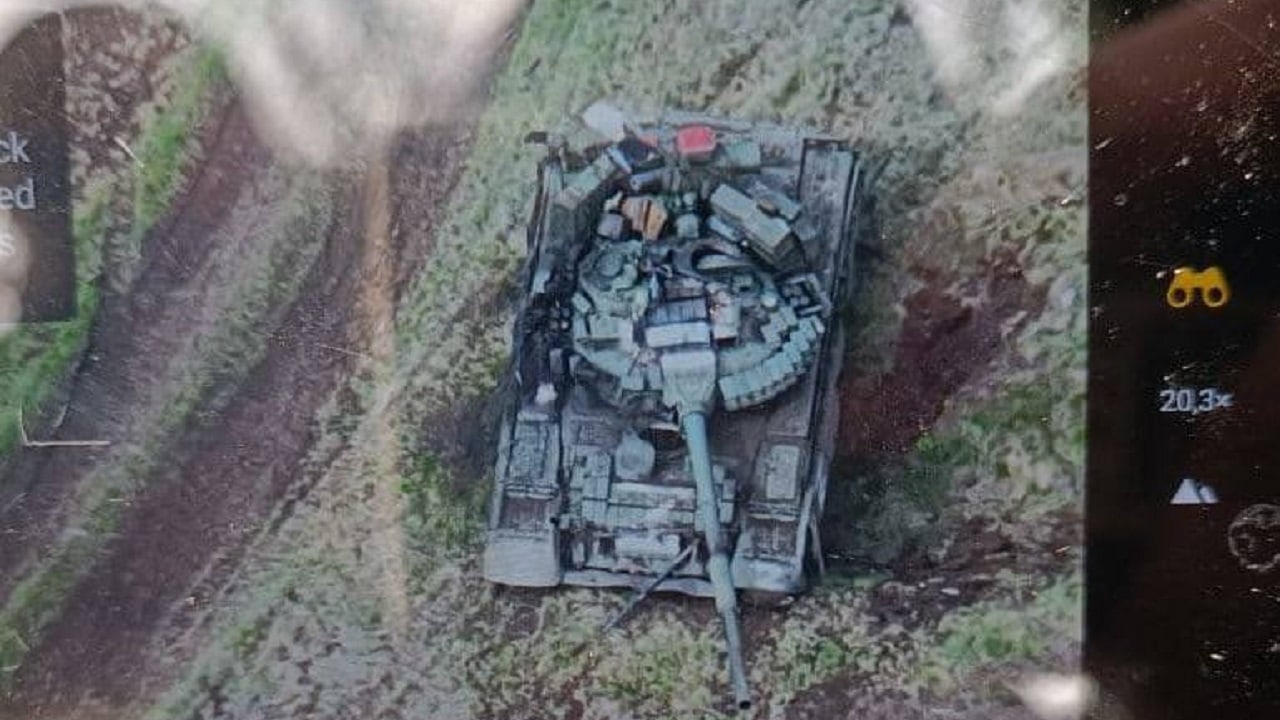Ukrainian President Volodymyr Zelenskyy told European broadcasters on Wednesday, May 10, that his army’s long-expected counteroffensive has been delayed. During the interview, which was broadcast on Thursday, Zelenskyy said that military leaders were forced to make the decision because of a lack of Western weapons needed to ensure the counteroffensive can go ahead successfully without losing too many men.
Speaking to broadcasters under the umbrella of Eurovision News, Zelenskyy said that not all equipment promised to Ukraine had yet arrived, and that he would “lose a lot of people.”
“So we need to wait. We still need a bit more time,” Zelenskyy said.
The comments came before the United Kingdom announced plans to deliver long-range missile systems to Ukraine. Zelenskyy did not indicate that he knew the weapons were coming, but their arrival should ultimately help Ukrainian forces strike deeper behind Russian lines once the counteroffensive begins. The Ukrainian president also did not specify what equipment his troops were still waiting on.
Zelenskyy’s announcement also came as a surprise and may not be entirely honest. In April, NATO confirmed that nearly all promised military vehicles had arrived in Ukraine. The news suggested that Ukraine was in the best position yet to launch a new counteroffensive, meaning Zelenskyy’s latest comments could be an attempt to keep Moscow guessing.
Russia Denies Breakthroughs, Wagner Chief Says Otherwise
Despite the announcement, Ukrainian forces appeared to have made some gains in the Bakhmut region in recent days. Russian forces were reportedly seen fleeing from the outskirts of the city earlier in the week, and Wagner chief Yevgeny Prigozhin confirmed the news in a series of posts published on Telegram.
Prigozhin said that Ukrainian forces had been “unfortunately, partially successful” but said talk of the Ukrainian counteroffensive having already begun was inaccurate.
The Kremlin, however, this week denied that Ukrainian forces made any significant breakthrough along the front lines. In a statement issued on Thursday, the Russian Ministry of Defense denied reports that Ukrainian troops had broken through at multiple points on the front lines.
Citing reports from Russian military bloggers on Telegram, the Kremlin said that the situation is “under control.”
“Statements circulated by individual Telegram channels about ‘defence breakthroughs’ that took place in different areas along the line of military contact do not correspond to reality,” the post reads.
“The overall situation in the area of the special military operation is under control,” it continued.
MORE: Joe Biden Won’t Send F-16 Fighters to Ukraine
MORE: Why Putin Should Fear the F-16 Fighter
Jack Buckby is 19FortyFive’s Breaking News Editor. He is a British author, counter-extremism researcher, and journalist based in New York. Reporting on the U.K., Europe, and the U.S., he works to analyze and understand left-wing and right-wing radicalization, and reports on Western governments’ approaches to the pressing issues of today. His books and research papers explore these themes and propose pragmatic solutions to our increasingly polarized society.

